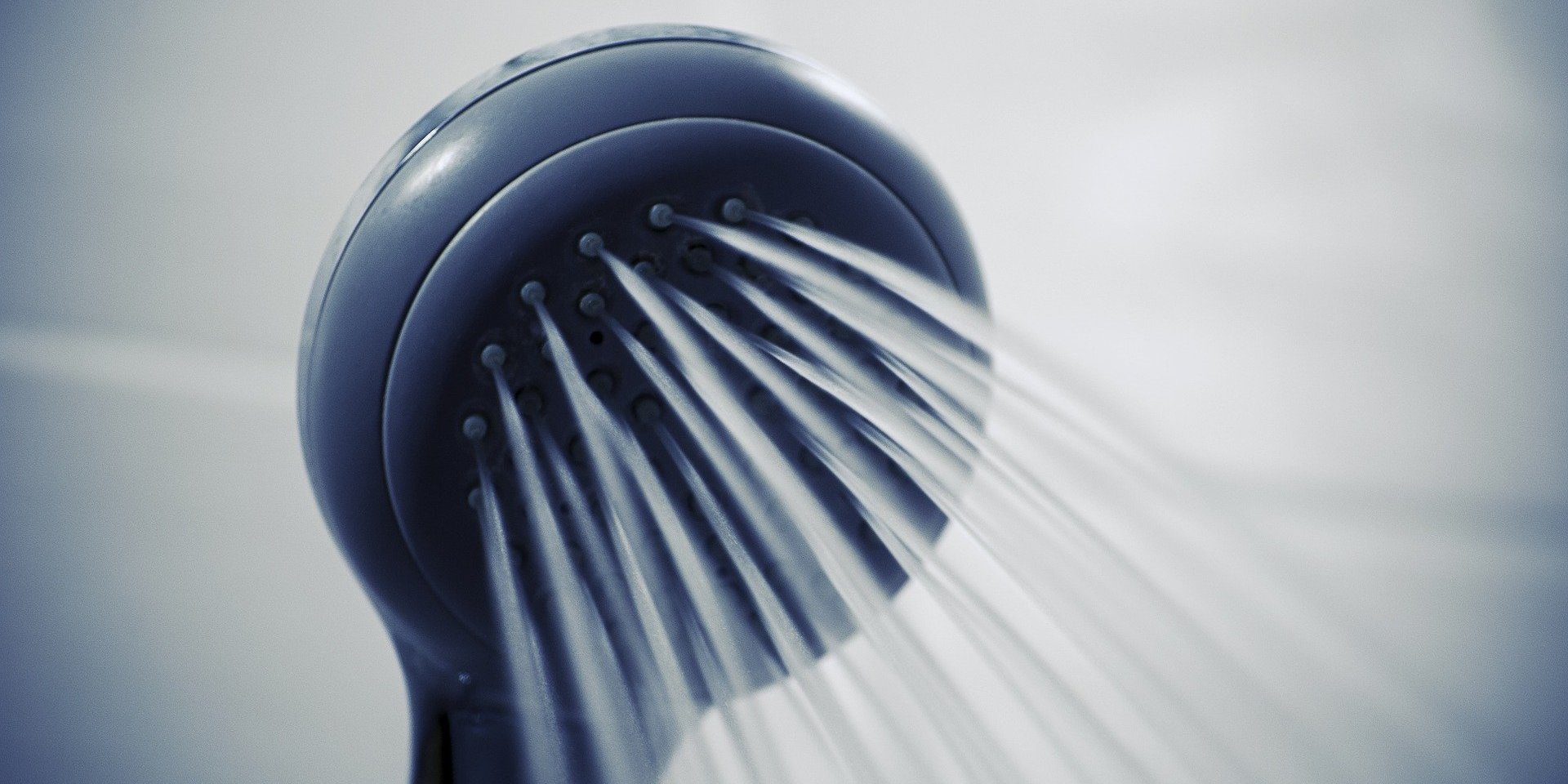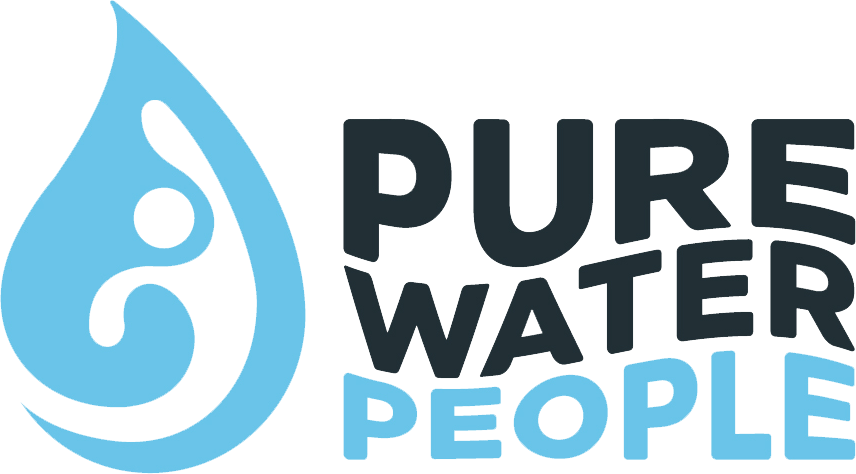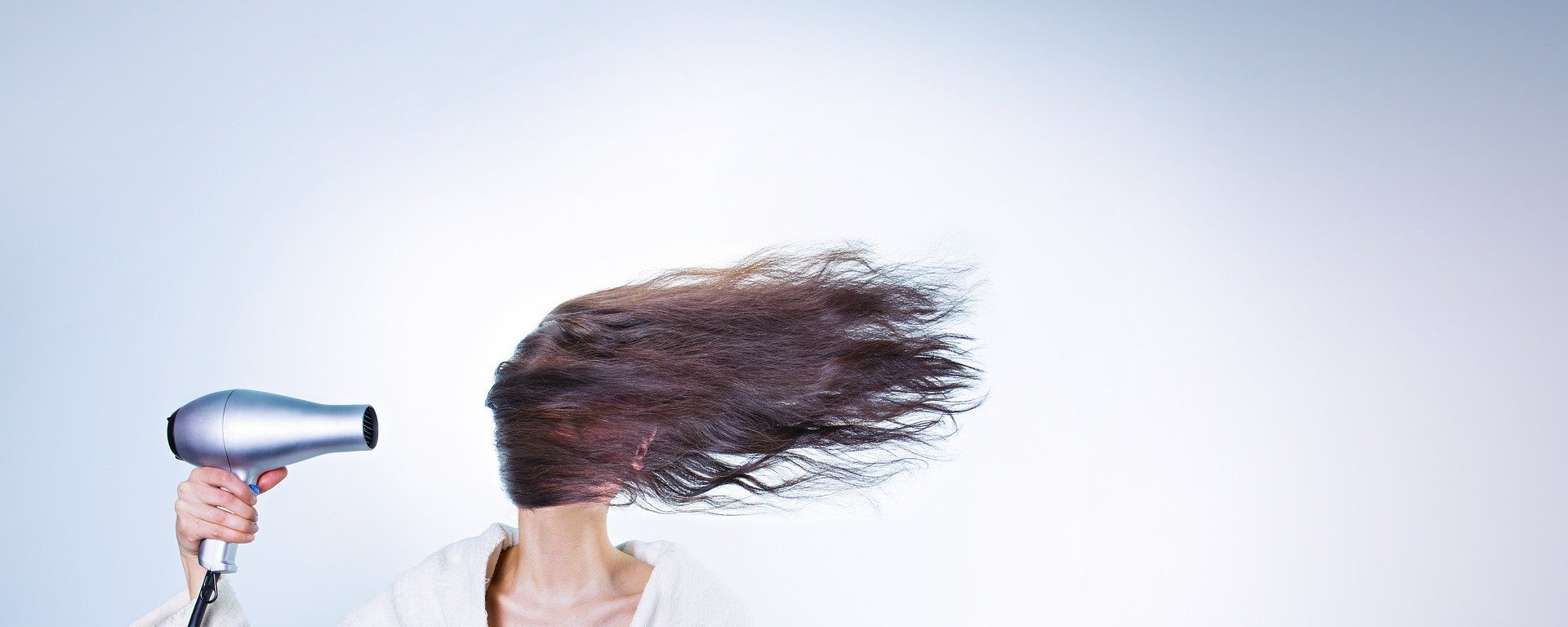Hard Water and Hair
Posted on 11th October 2019 at 14:17
Tired of having a bad hair day, every day? If your hair is dry, lifeless, frizzy and is increasingly hard to manage then the problem may be down to hard water. If you live in a hard water area like many of us do then you will know that your hair is not as shiny and healthy as it should be. Hard water and hair are not friends because the minerals and chlorine in hard water damage your hair. Think about the scum around your bath, the limescale build up in your kettle, around your taps and plugholes and now imagine what those same mineral deposits have been doing to your hair. You may have tried different hair products, expensive serums, getting your hair cut more regularly and still your hair remains in a sorry state – dry at the ends and sticky at the roots. That’s hard water.
Why is hard water bad for your hair?
Hard water contains both:
High concentration of minerals
Chlorine
Just like the limescale deposits that you find in your kettle and around the sinkholes and taps, the minerals in hard water also deposit onto your hair. Hard water, among other nasties, contains carbonates of calcium and magnesium. Over time, these form a hard scaly film on the surface of your hair. You won’t necessary notice the build-up but you will notice the fact that your hair has become dryer and harder to manage. Hard water prevents your shampoos, conditioners and other products from working effectively as the carbonates in the hard water react with the products and your hairs natural oil. The problem with dryness is heightened by the fact that the moisturising properties of hair products are stopped from working because they are unable to penetrate this sticky outer layer.
Hard water makes your hair:
dry and straw-like
brittle and prone to breakage
dull and lifeless
tangle easily and become knotty
hard to manage and unruly
limp
waxy
very frizzy


Hard water can also lead to an itchy scalp or exacerbate skin conditions as it dries out the skin.
Chlorine and Hair
Most of the UK water supply is chlorinated to some degree (find out more in our blog about Chlorine in Water). Chlorine is added to the water supply to kill harmful microorganisms, but after it has served its purpose it remains in the water you drink and use around the home. Chlorine enters the hair through the cuticle and this is when it really causes damage.
After swimming, we do everything we can to remove all that harmful chlorine from our hair as quickly as possible but at home we forget that we are actually showering in chlorinated water. Admittedly the levels of chlorine are lower, but just as chlorine kills harmful bacteria, it also strips beneficial oils from the scalp and hair.
Effects of chlorine on hair:
excessive dryness
hard to manage
breakage
colour-fading
discolouration
If your hair is dyed or coloured then the chlorine in the water can cause further issues.
How to stop hard water and chlorine damaging your hair
The most common methods of trying to prevent this damage caused by hard water on hair is by using expensive specialist conditioners and other products such as chelating and clarifying shampoos. There also those that advocate using vinegar, rainwater, pricey oils and even vodka to counteract some of the effects of hard water on hair. These options can be expensive, ineffective and present their own issues like an odour, time-consuming, and generally making something pleasurable a chore.
Benefits of Pure Water on Your Hair
Our Pure Water People Home water purification systems target all your household water so that you can benefit from pure water. The first stages of our 11 stage purification process focus on removing the hardness-causing minerals like calcium and magnesium as well as chlorines and chloramines that are the root cause of your hair woes. By using scientifically filtered and purified water, your hair will soon recover and become healthy, shiny.
To find our more call us today on 0117 910 9988 to discuss the benefits of pure water or book a free water test.
Share this post:





